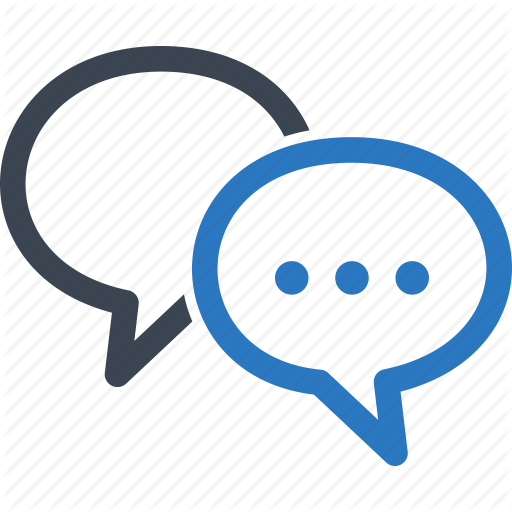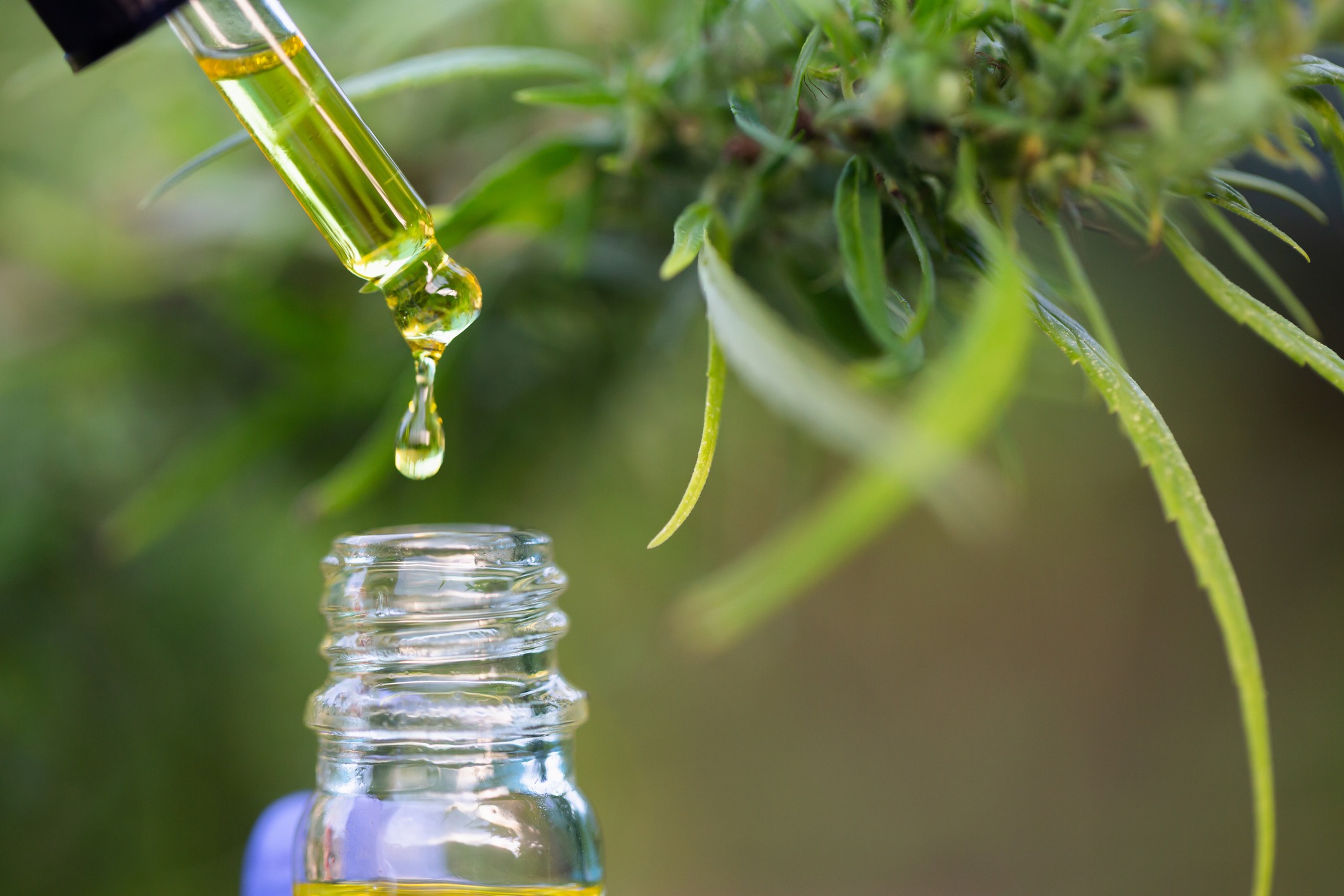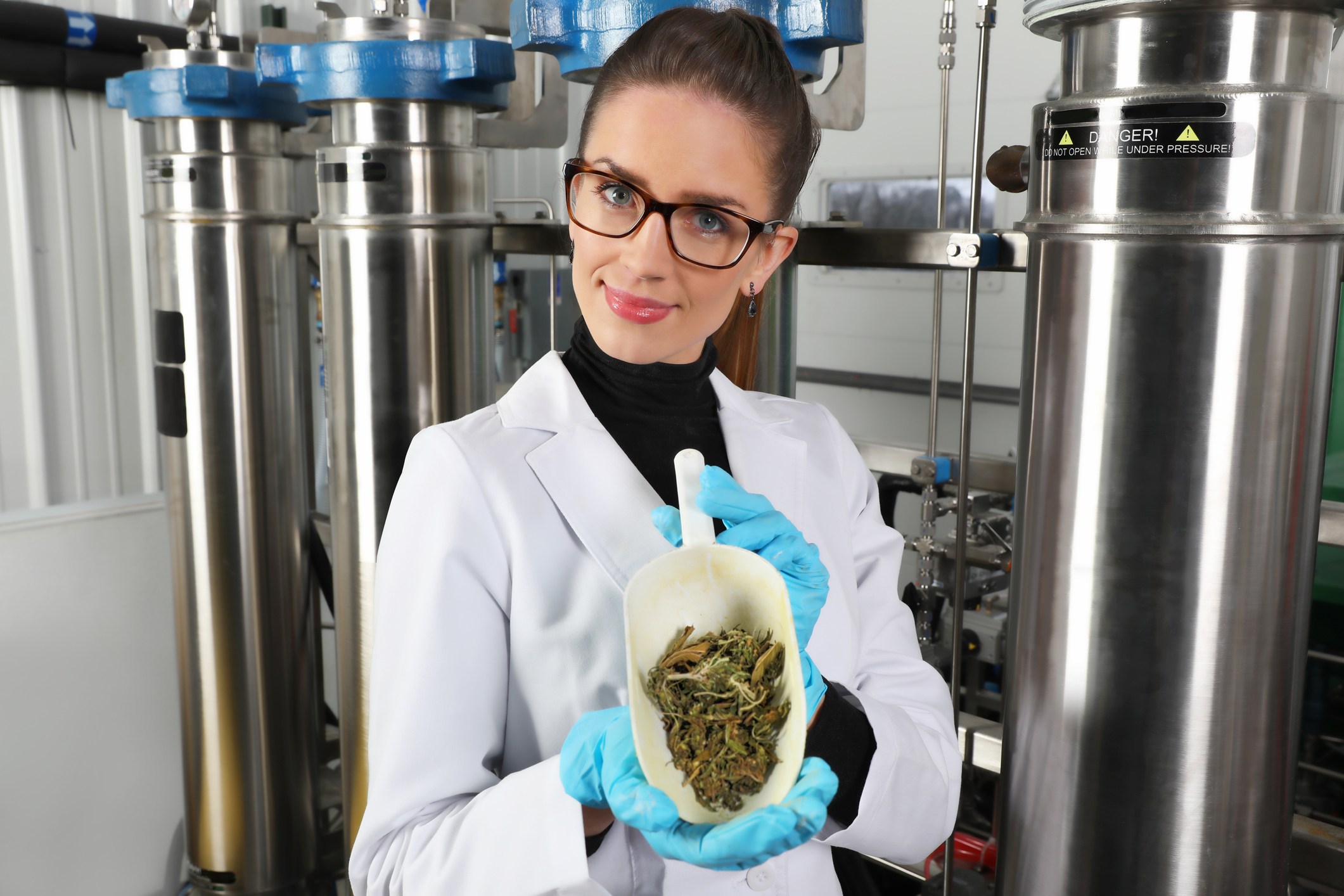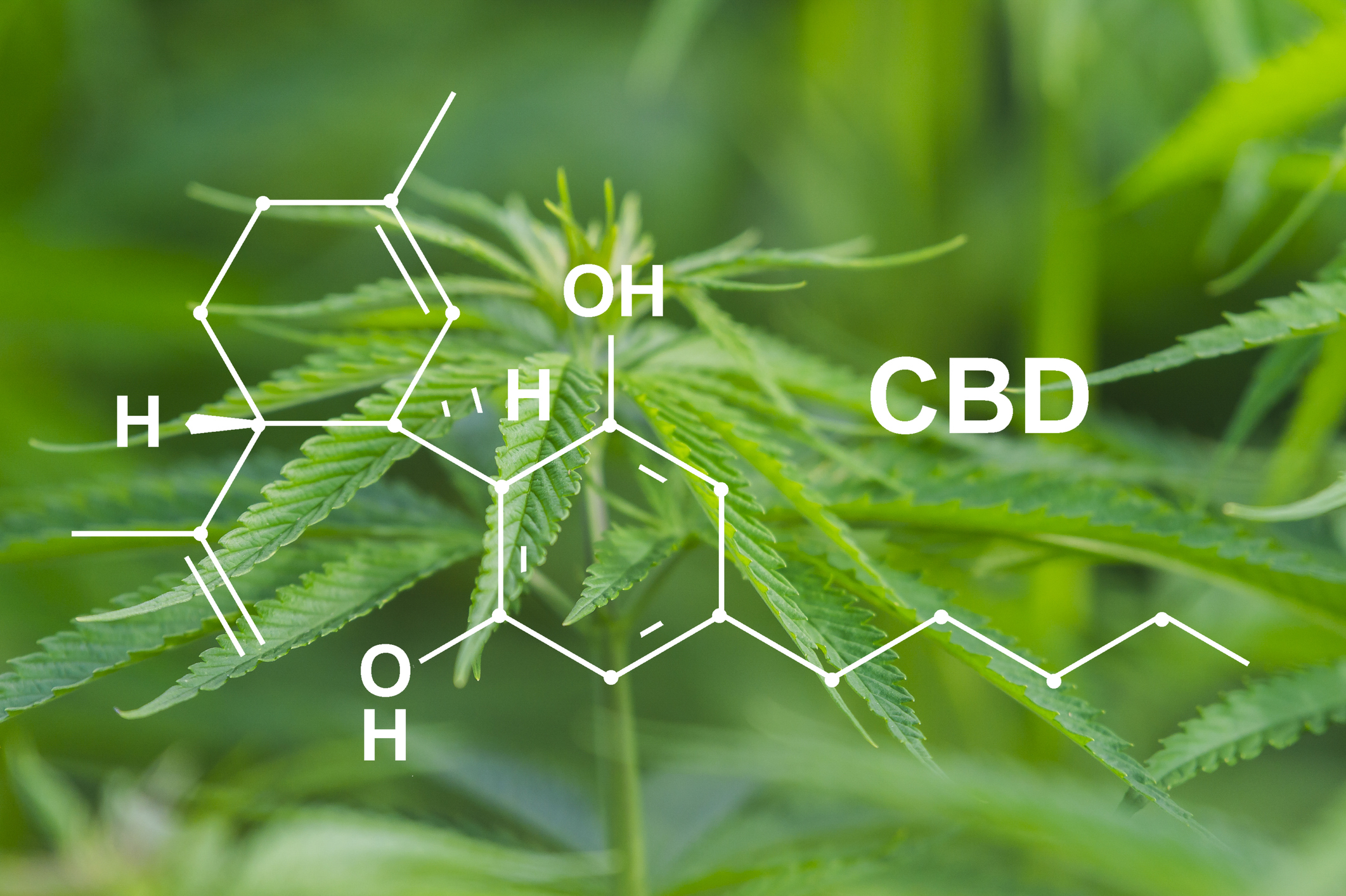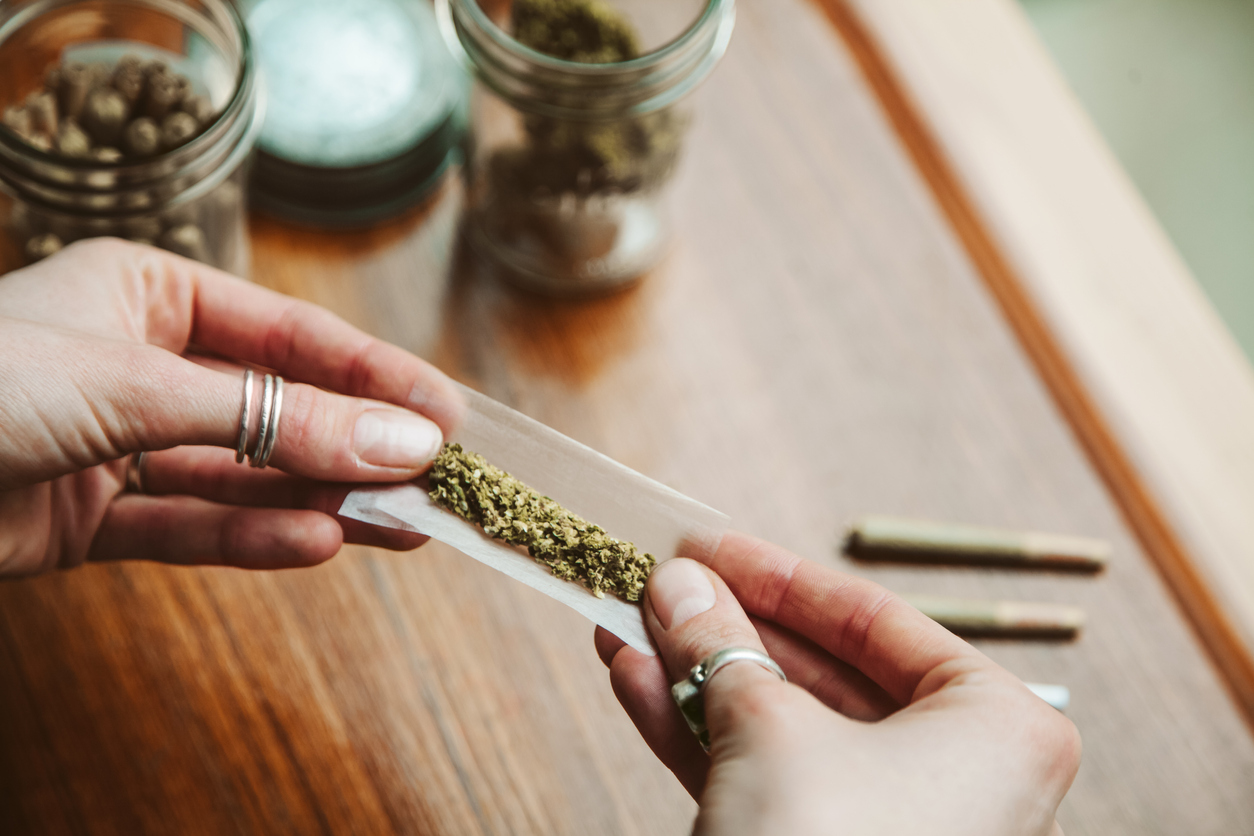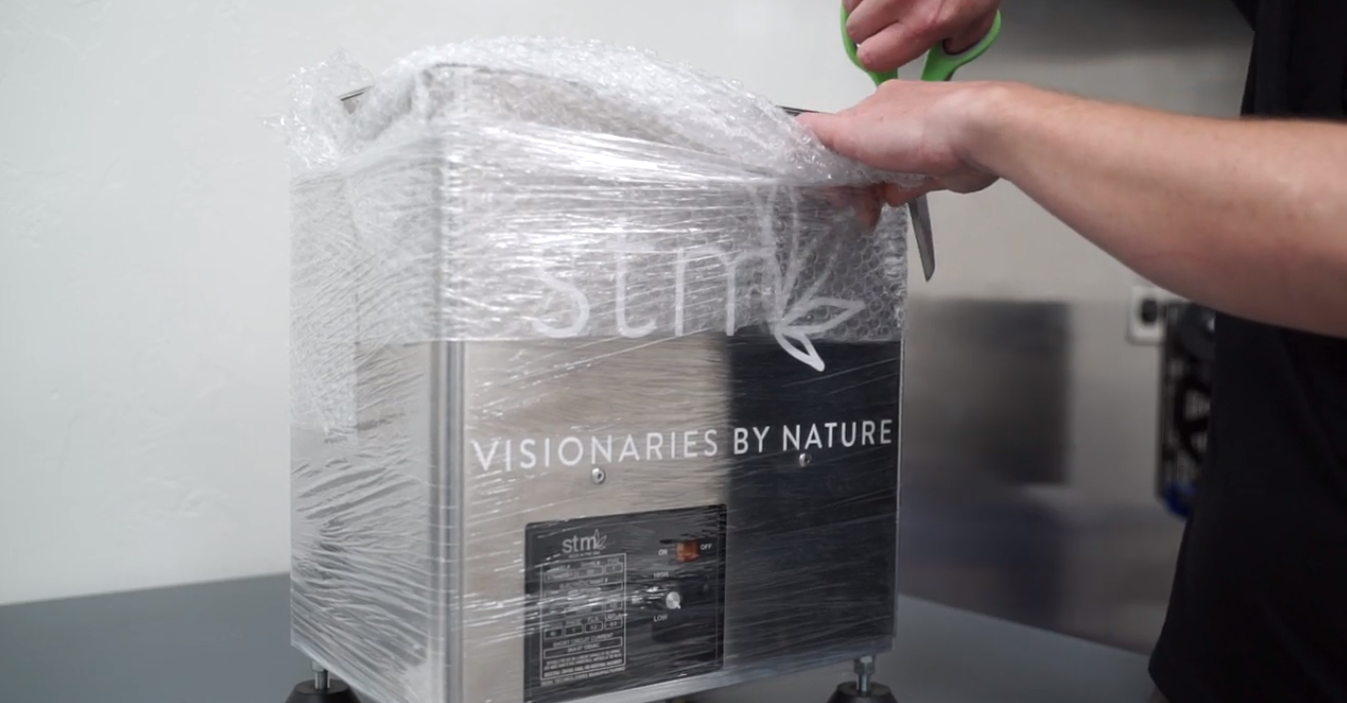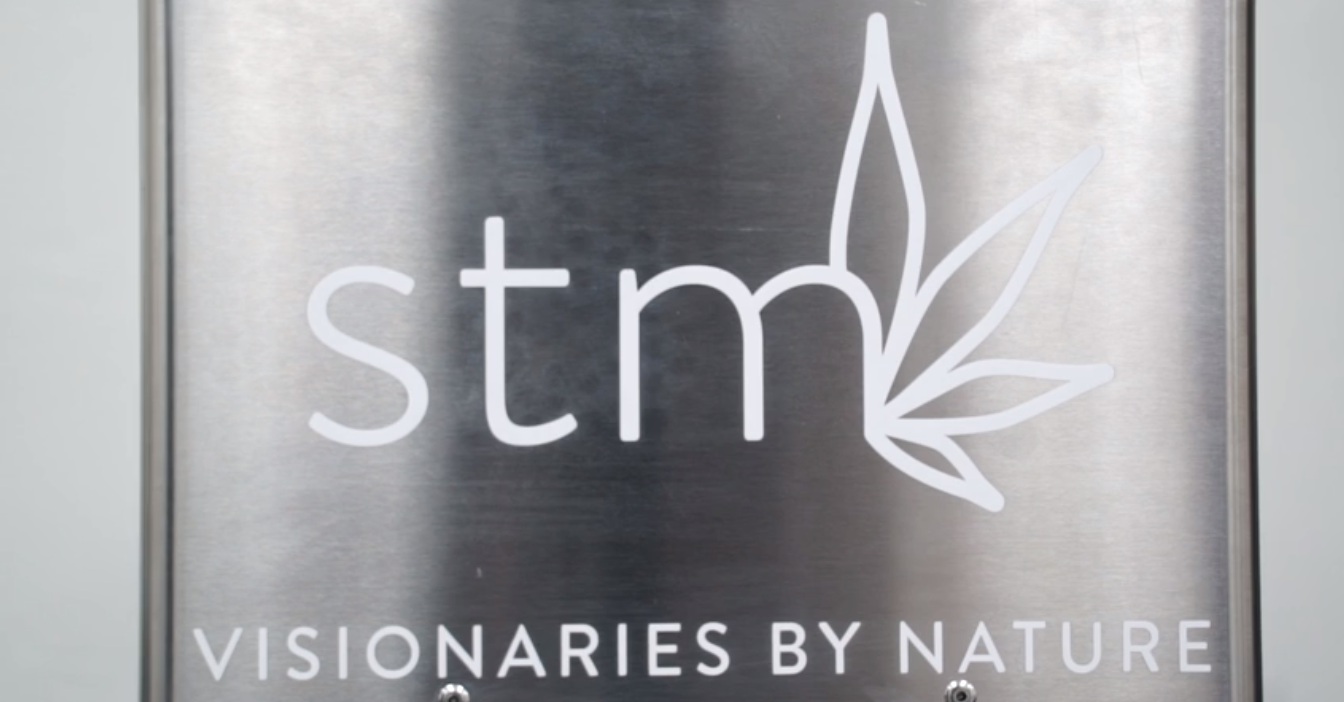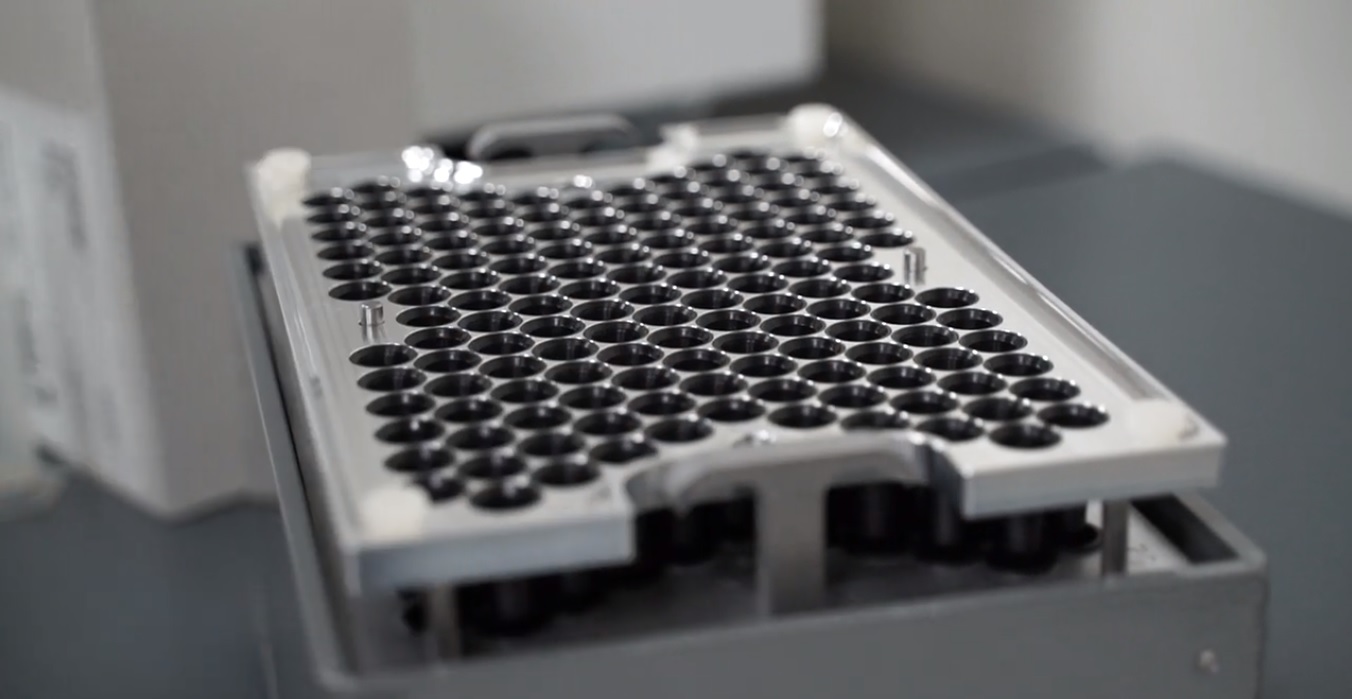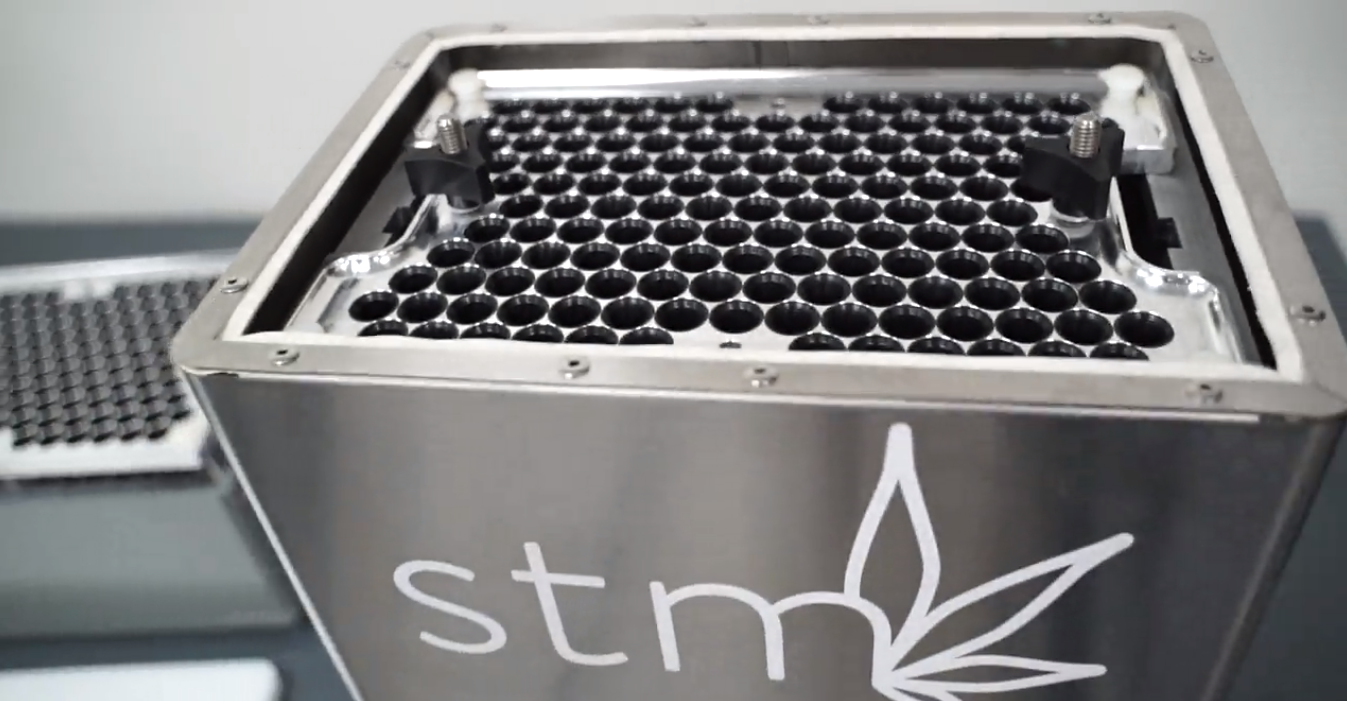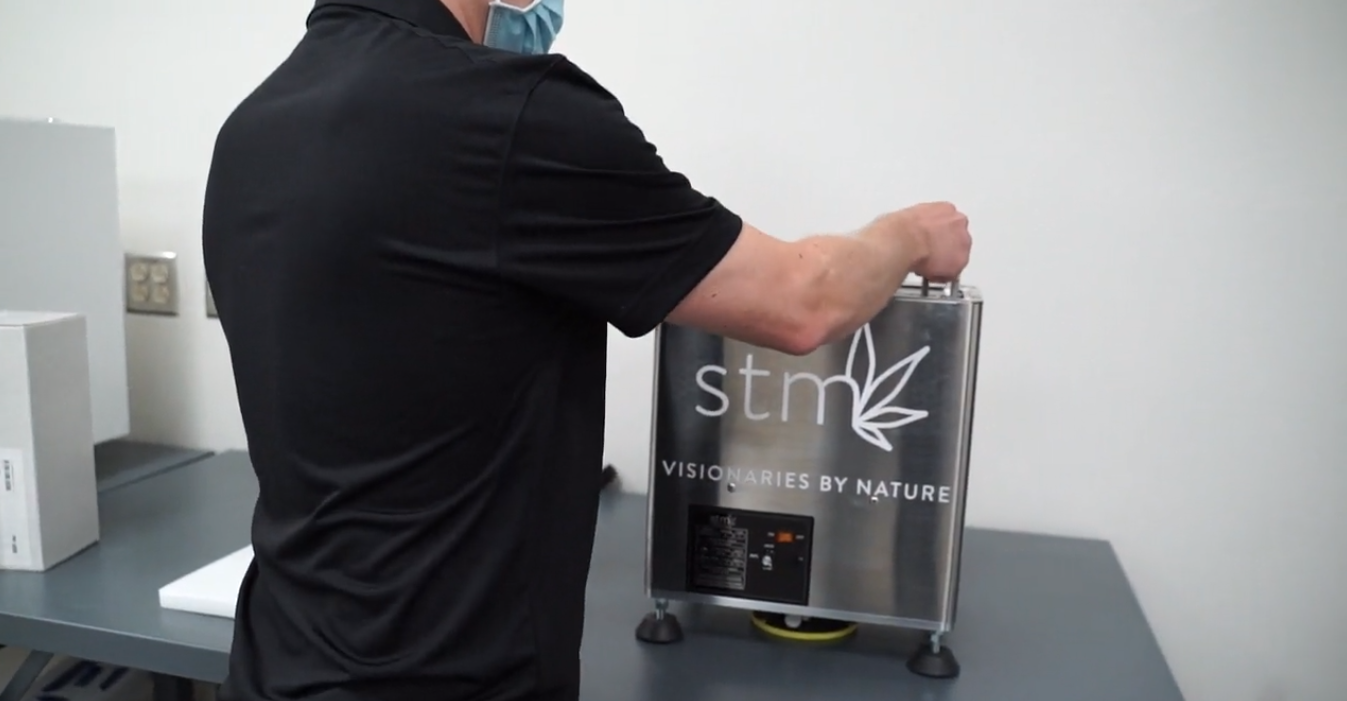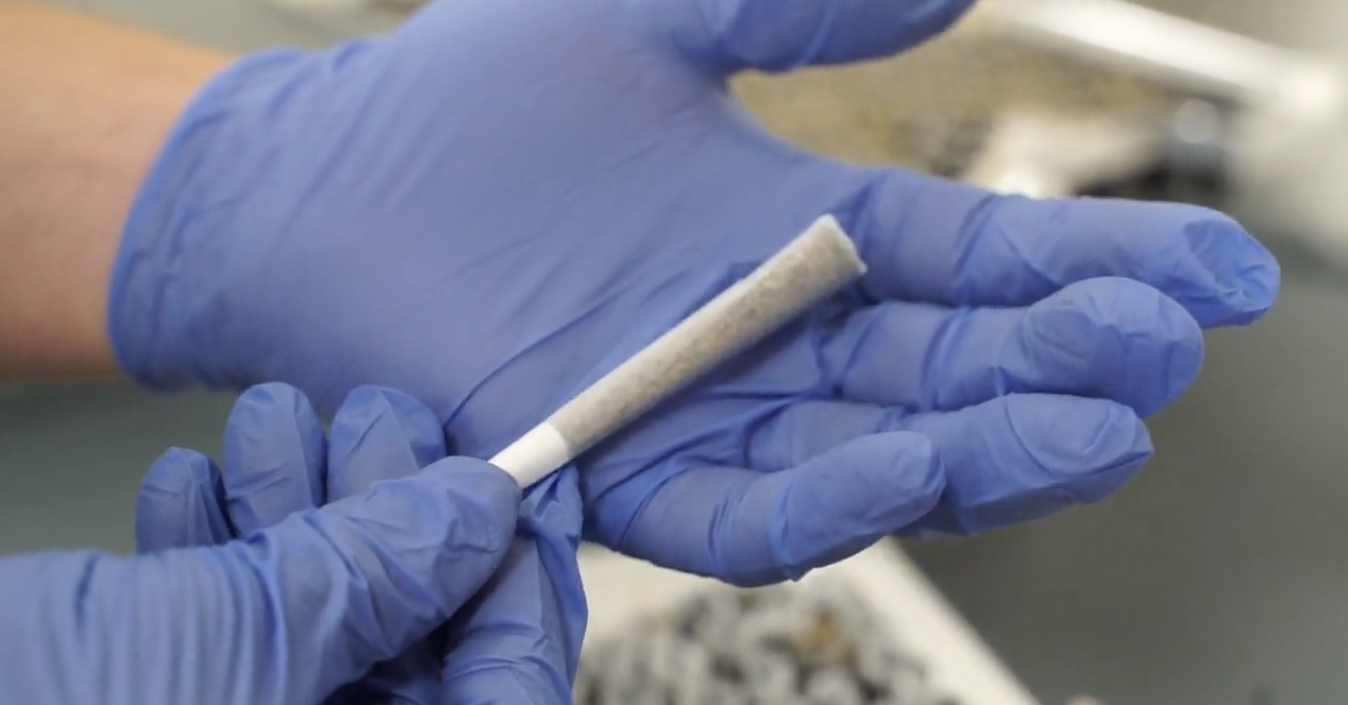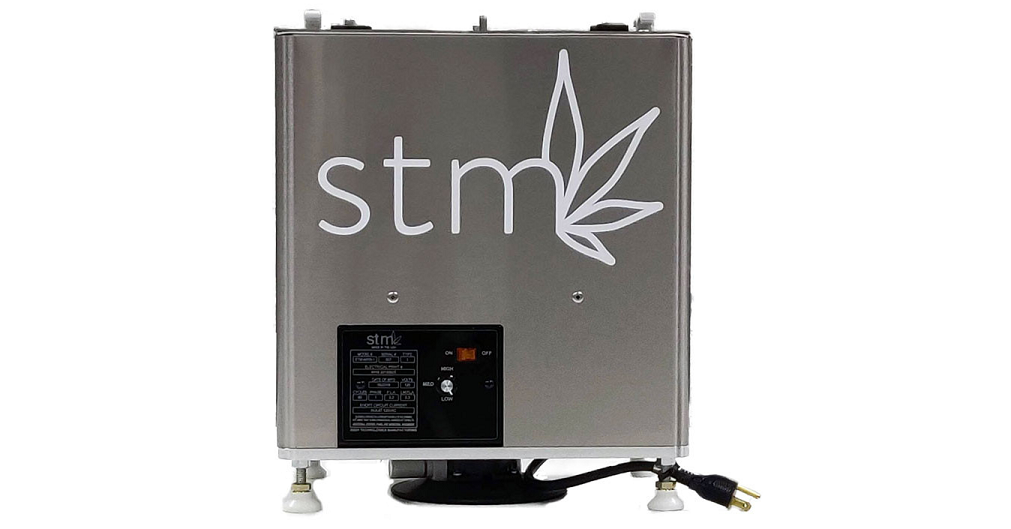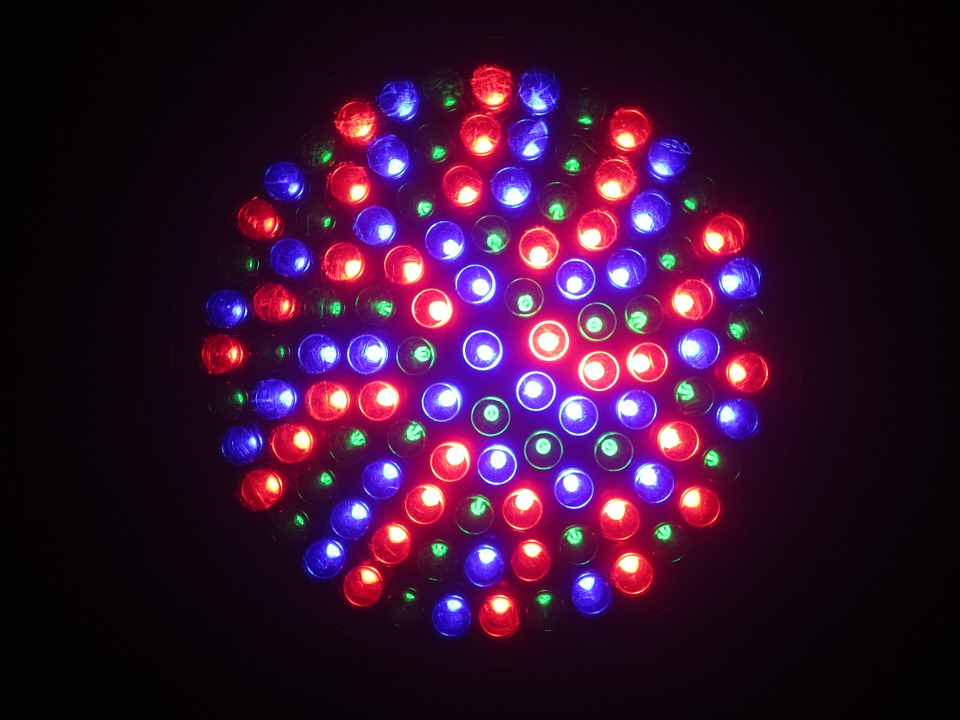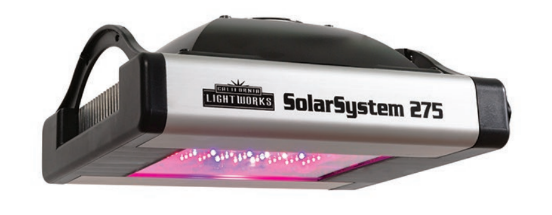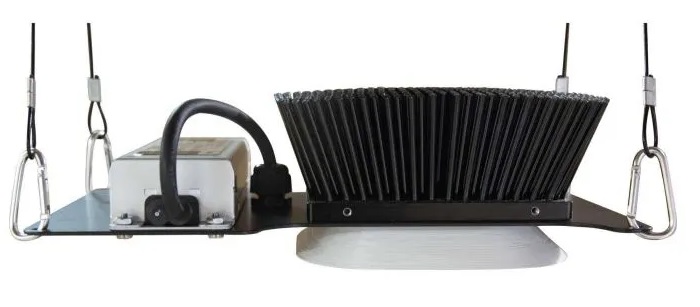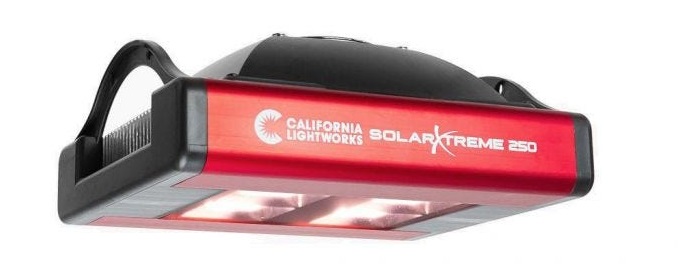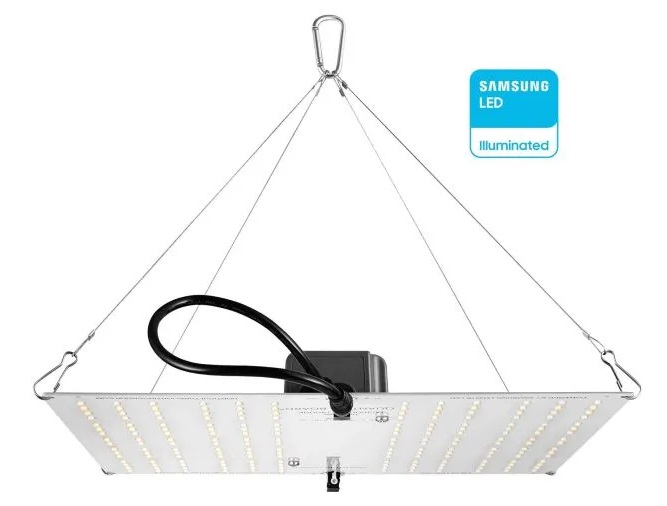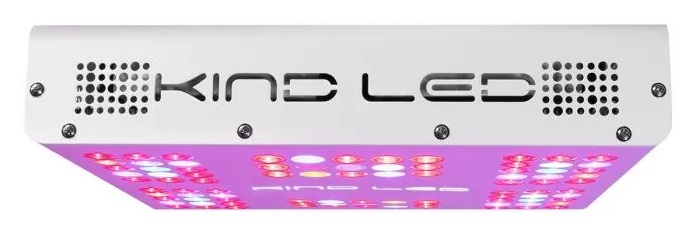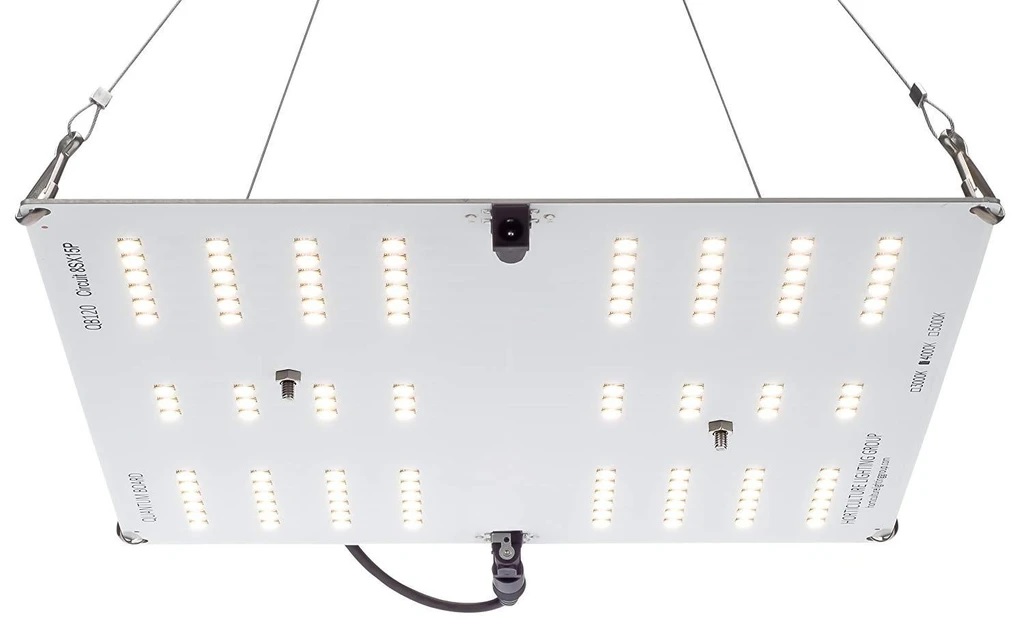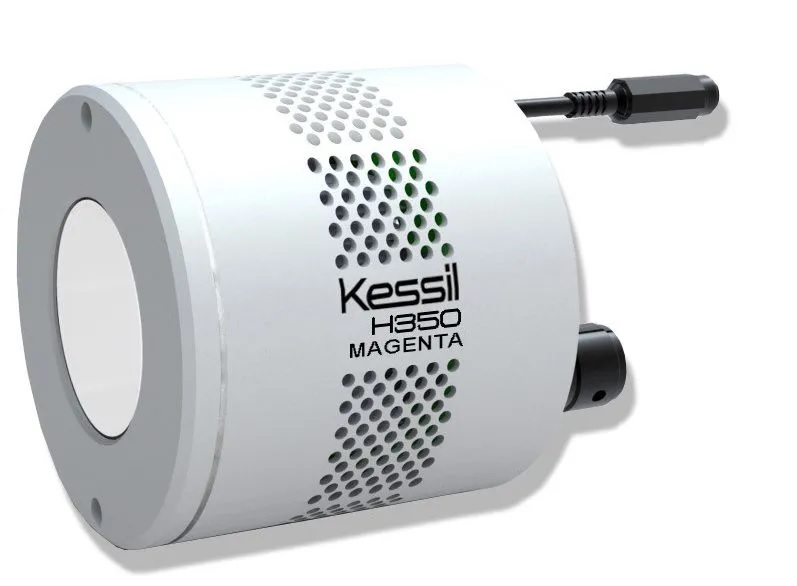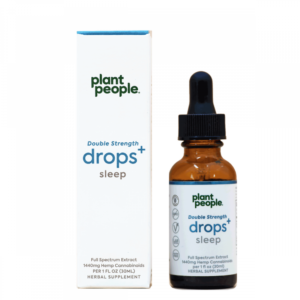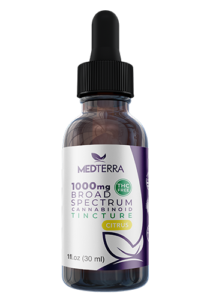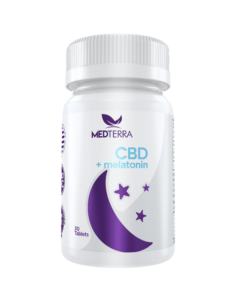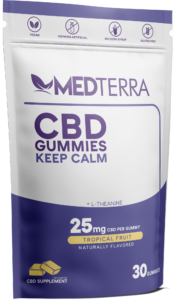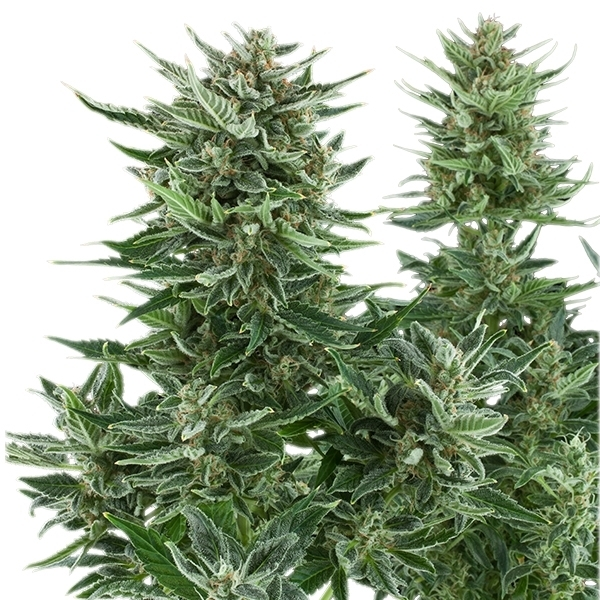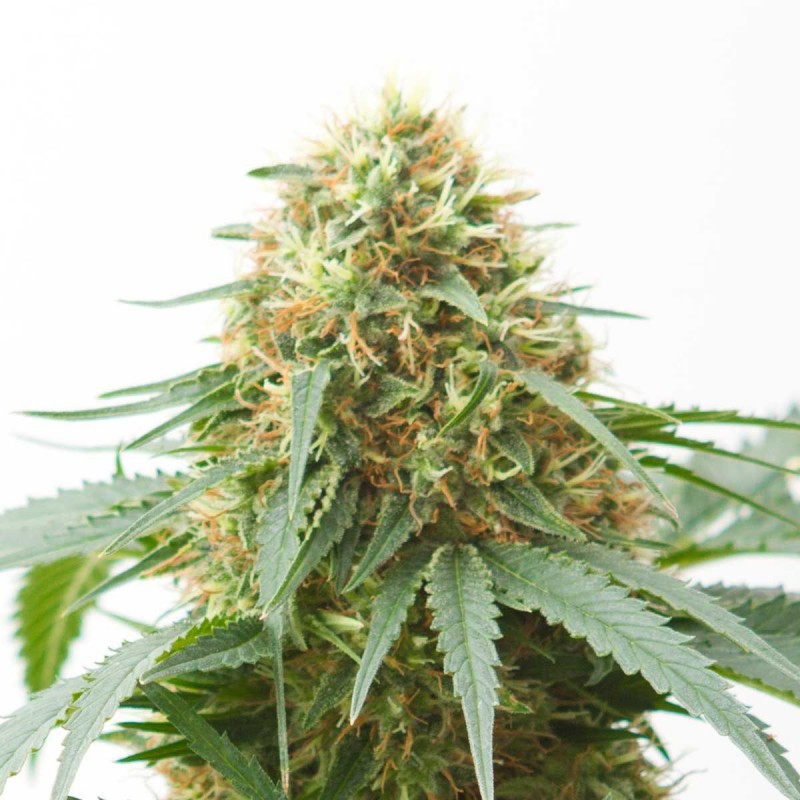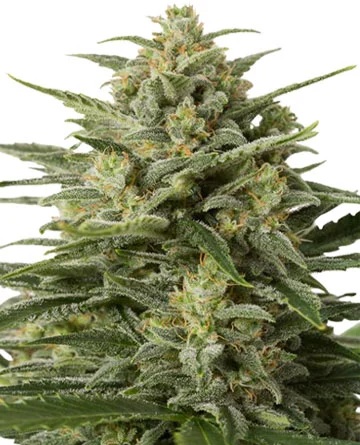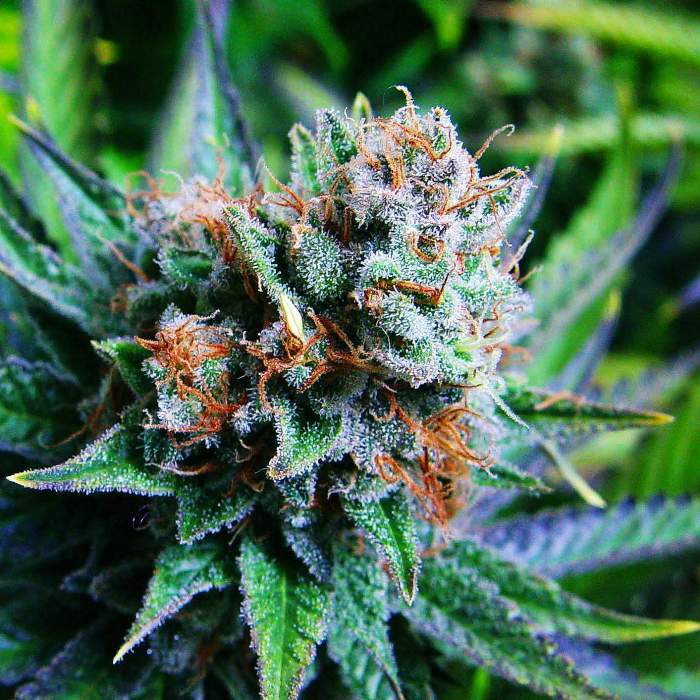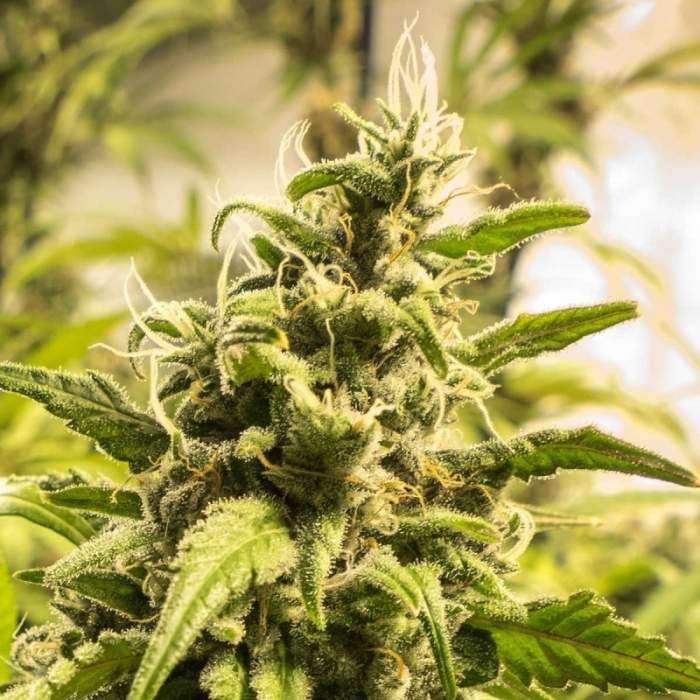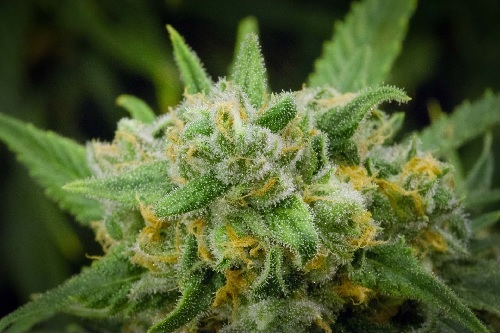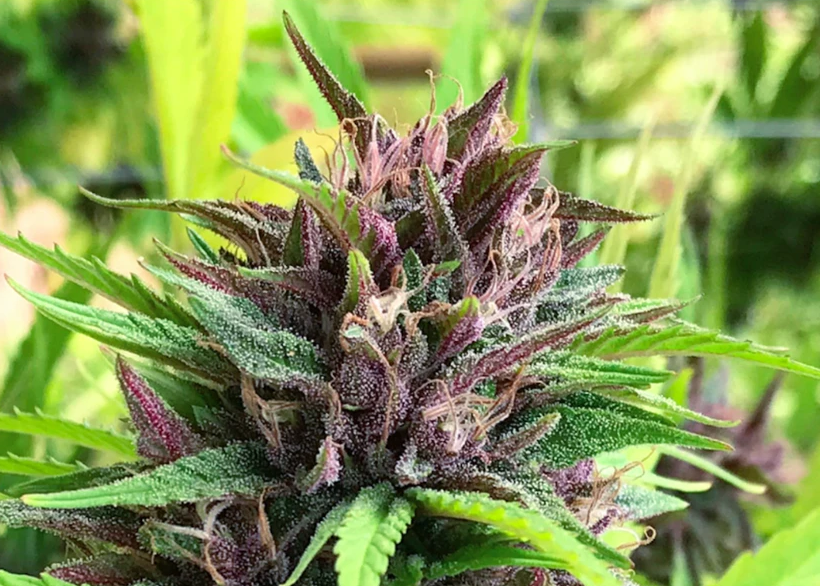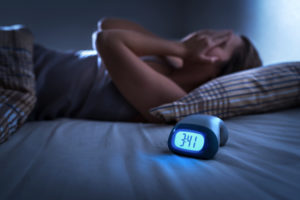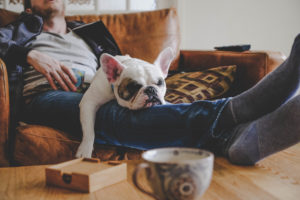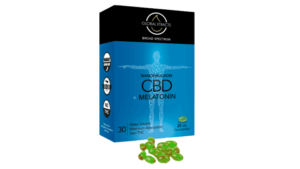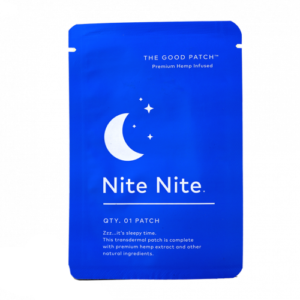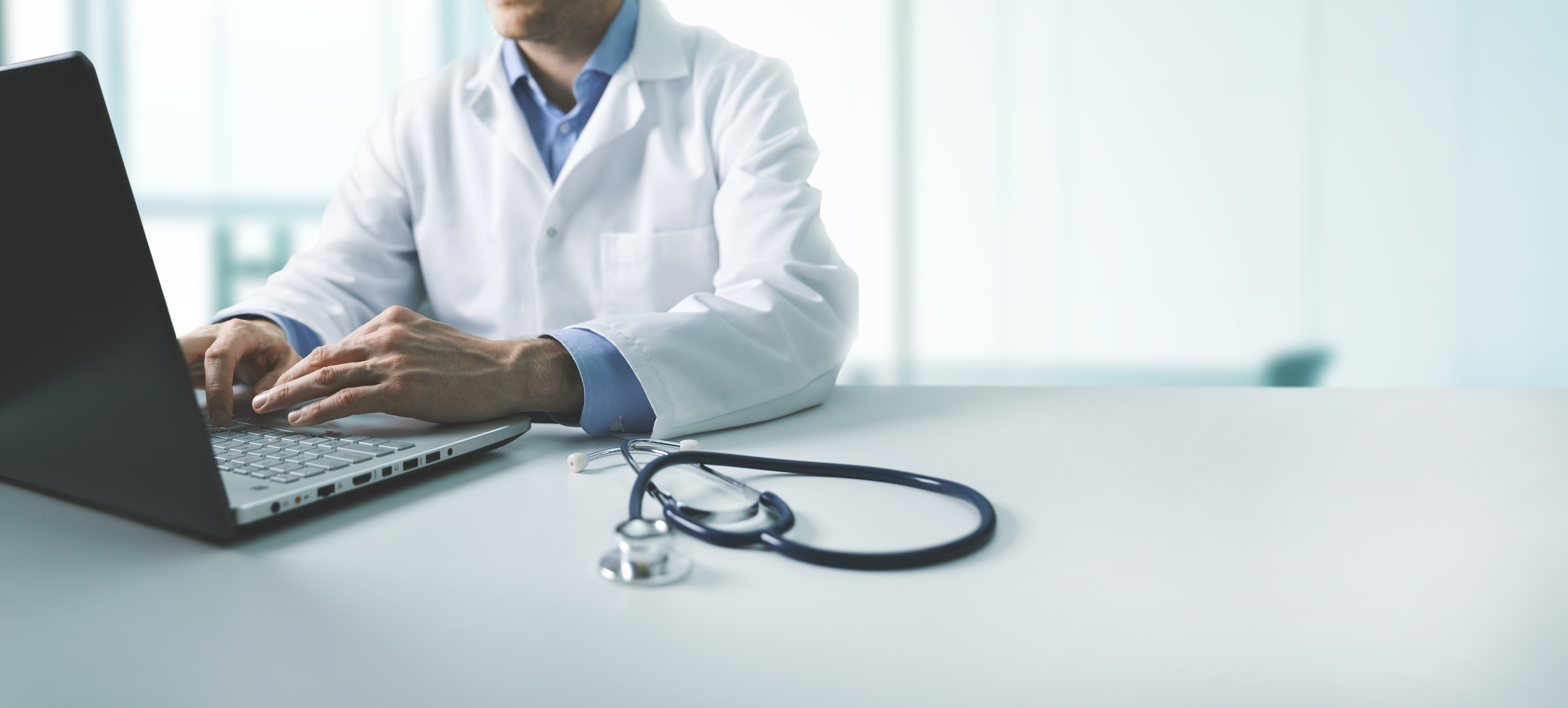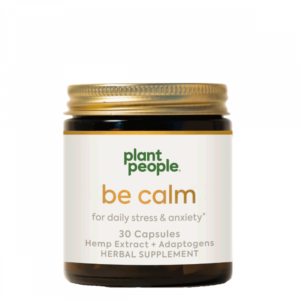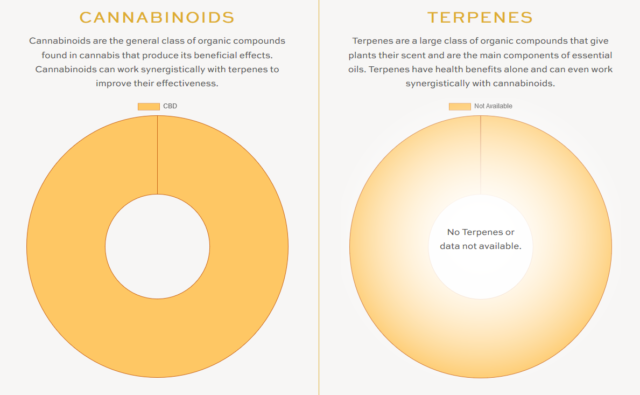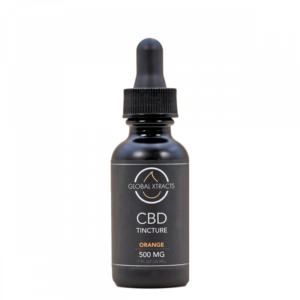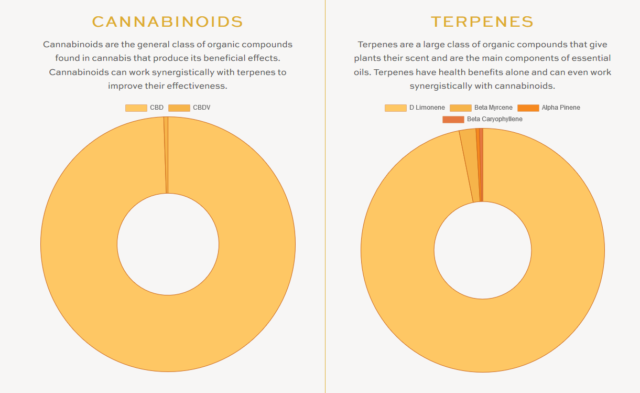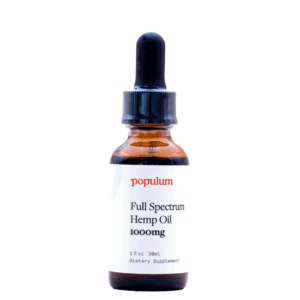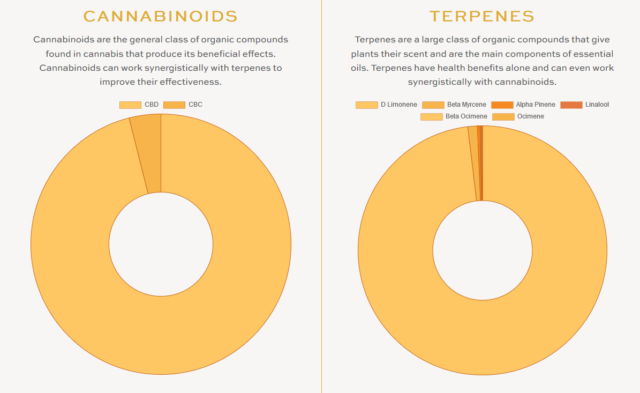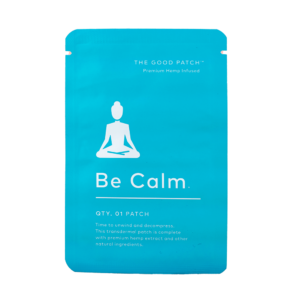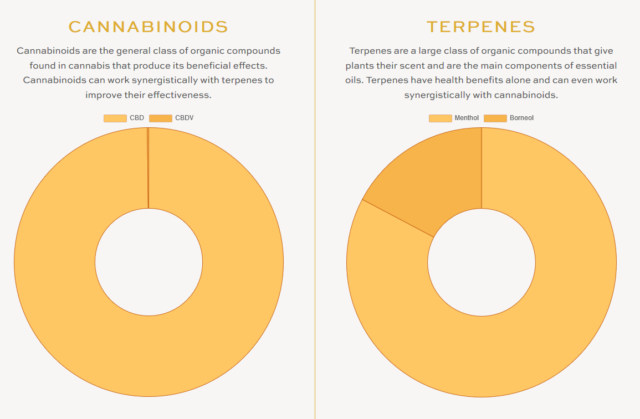Developing and optimizing a Cannabis Cultivation System
November 2021, by Philipp Matzneller, Co-Founder and Senior Consultant of Sostanza Global
The commercial cultivation of crops in controlled environments has substantially improved in the past 30 years - new technologies, cultivars, and cultivation systems have increased the yield and quality of horticultural crops. Cannabis cultivation has been clouded in secrecy for decades, and growers have been limited in openly exchanging experiences, performing research, and accessing advanced technologies. Sadly, the body of cultivation knowledge on cannabis is nowhere near that of other commercial crops.
After legalization in several countries, the size of commercial cannabis facilities vastly increased, and growers had to expand small-scale cultivation systems to quickly meet demand. Some systems scaled successfully, while others required significant work to obtain good results. Most cultivators would agree that it takes several crop cycles to dial-in the cultivation process in a new facility or validate a new practice. Understanding how to trial, scale, and implement cultivation practices and technology is key to a cannabis grower's success, especially with such a small amount of reliable cultivation information to pull from.
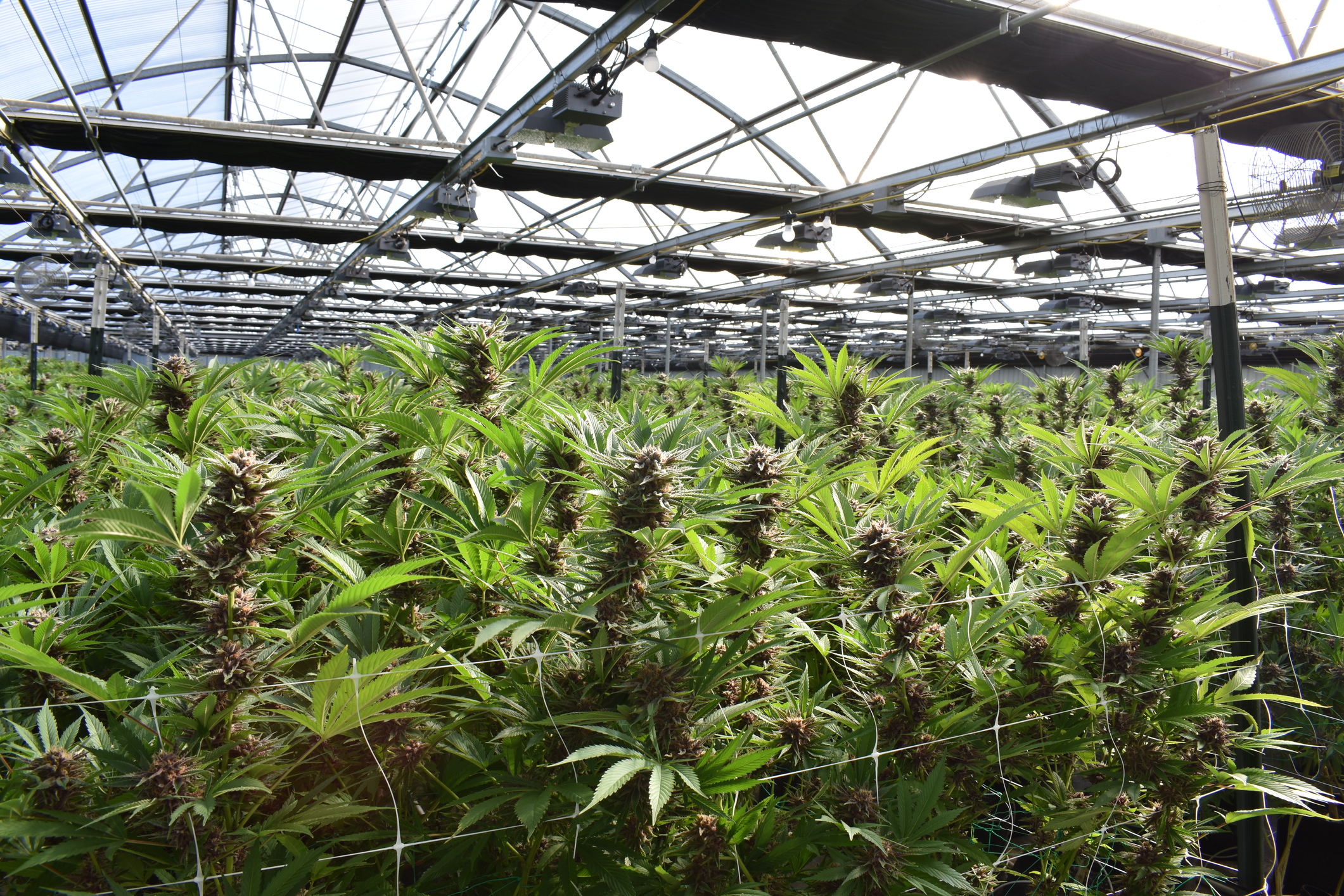
Here are some general steps that I always consider when setting up or improving a cultivation system:
1. Developing a cultivation system
There is a long list of factors to consider in selecting a cultivation system: Growing media, nutrition, crop work, planting density, pest management, regulations, genetics, location, labor, water, and equipment for environmental control among others.
The first consideration should always be the target product, expected output and your available resources. If you plan to sell premium smokable flower, a high-tech indoor facility will increase your likelihood of success and reduce execution risk. On the other hand, indoor facilities require a high capital investment and cost to operate. If you are producing cannabis for extraction, cultivating in a low-tech greenhouse with reduced inputs is probably sufficient.
Resource cost and availability will dictate certain choices. If labor is a limiting factor, selecting a high-density planting system, which involves intensive crop work (i.e., pruning and defoliation), should be avoided. Using high-intensity artificial lighting and a high-tech environmental controls system will probably reinforce selecting high-turnover hydroponic systems. It is also key to consider how each of these factors influence each other.
2. Understanding your cannabis cultivation system
After the build-out comes the joy of growing your first crop. Unfortunately, as any experienced grower will tell you, few systems work out as intended. Cultivation procedures, and equipment need to be dialed in during several crop cycles to obtain the desired outcome.
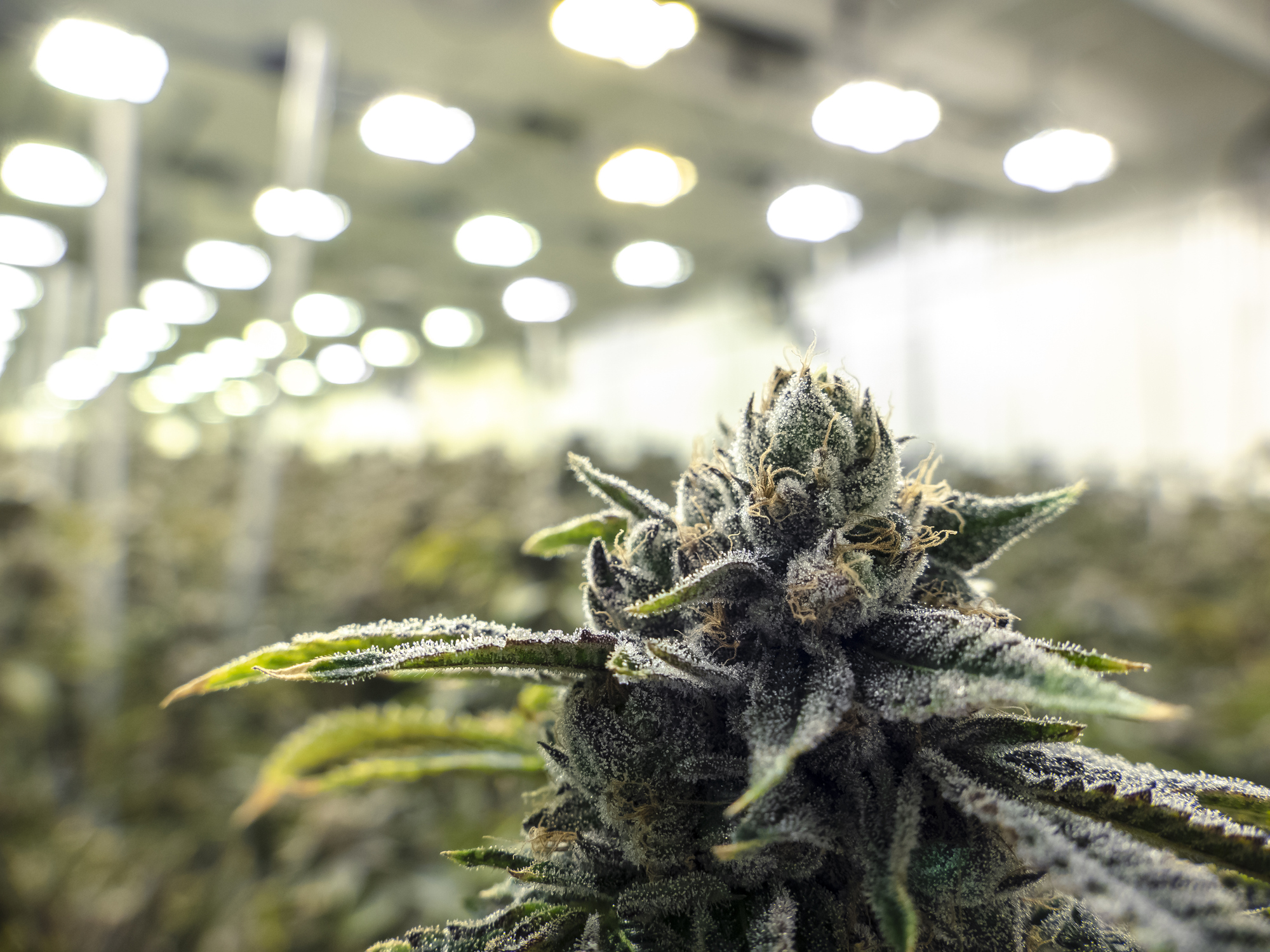
Cultivation systems are complex and require a fine balance between a lot of factors for plants to thrive. Typically, a sub-optimal factor such as irrigation frequency, air temperature, nutrient status, or pest pressure will negatively impact plat health, reduce yields, or diminish cannabinoid content. Whichever aspect of the cultivation system is most out-of-line, or the limiting factor, will be the greatest detriment to a successful crop. For example, if the irrigation frequency is too high (over-watering) and root-zone oxygen levels become consistently low, growth rates will be limited, and root-born pathogens will thrive. Even if the other growing conditions are finely tuned, it won’t help until the limiting factor is first addressed. As you grow your first few crops in a new system, it is key to continually identify and correct these limiting factors beginning with those that are most impacting your crop.
Data collection during this period is enormously helpful to identify issues and make informed improvements. High-quality environmental sensors combined with labor tracking and the regular measurement of growing conditions like media Electrical Conductivity (EC) and pH, leaf tissue nutrient content and pest pressure provide the foundation for systematic identification of the strengths and weaknesses in your cultivation system.
3. Optimizing your cultivation system
After several crops worth of data you can establish a baseline of your inputs, such as labor, fertilizer, power consumption and growing media then correlate them to outputs such as yield and quality.
Now, when changes to the cultivation system are made, you will have this baseline for comparison. Having a baseline emphasizes the need to properly document any changes that are made and enables a data-driven approach to decision making.
Conducting small-scale trials is a good way to introduce new cultivation practices in your facility. When trialing different types of crop work, growing media, planting densities or genetics, it is usually easy enough to find a small area to run side-by-side comparisons. It can be more difficult to run small scale trials for environmental factors, pest management and irrigation strategies because more space is needed. In these cases, consistent data collection from each crop is key so that entire crops can be compared to each other.
I strongly believe that understanding and optimizing a cultivation system using a systematic, data-based approach is key to the success of a cannabis grower. If a business isn’t constantly improving and can’t keep up with improved technologies, there is little hope for success in the long run.
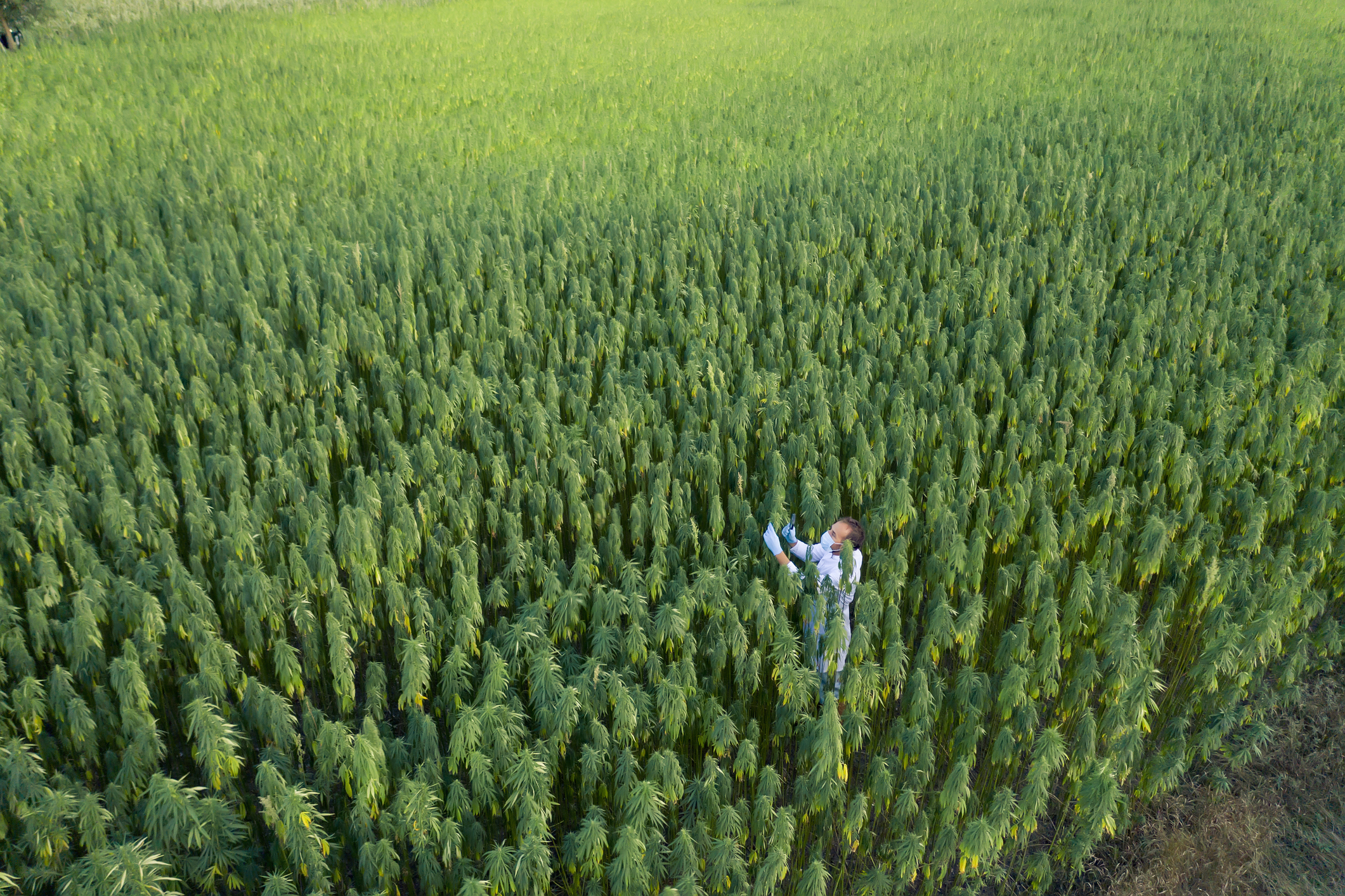

About the Author
Dr. Philipp Matzneller is a co-founder and senior consultant at Sostanza Global, a company that provides design, technical, operational, and strategic consulting in the cannabis industry. He was the Senior Scientist of cultivation at MedReleaf and Director of Applied Cultivation after Aurora Cannabis acquired the company. Under his guidance, a team of a dozen scientists and assistants across multiple facilities collected data and conducted experiments that resulted in a substantial increase in yield and quality of the production. Previously, Philipp worked in the ornamental greenhouse industry and as a research associate conducting climate impact studies. He holds a BSc and MSc in Agriculture from the University of Bologna (Italy) and a Ph.D. in Agroclimatology from the Humboldt University of Berlin.
10 Best Gift Ideas for Cannabis Connoisseurs and Growing Aficionados (2022)
December 7, 2022Developing and Optimizing a Cannabis Cultivation System
December 14, 2021Dealing with Insomnia: How Can CBD Help?
December 10, 2020Your Guide to Sleep and CBD
December 7, 2020
Do you want to receive the next Grower's Spotlight as soon as it's available? Sign up below!
